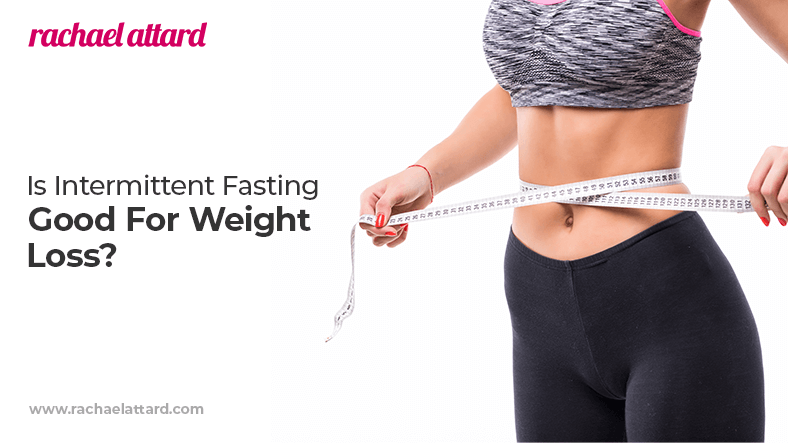
Exercise can help you lose weight and improve your VO2max. It is fine to exercise twice a month. Here, the 80:20 rule is applicable. If you know what you need to do and how to schedule your exercise, you are half way to losing weight and maintaining a healthy weight. Here are some guidelines when it comes to exercise dieting.
Exercise can help you shed weight
Exercise has many health benefits, including losing weight. Exercise not only improves your appearance but also reduces visceral Fat, which has been associated with heart disease and diabetes. It is important to exercise frequently and to focus on the benefits of movement, not weight loss. One hour of exercise is enough to achieve weight loss success. Increasing your level of physical activity is one of the best ways to lose weight and maintain it long-term.
You can burn between 400 and 600 calories per hour during vigorous exercise. You can still benefit from physical activity, even though it may be offset by poor food choices. By gaining lean mass and losing weight, strength training can help you shed excess weight. This is a common goal among people who are trying to lose weight. Exercise can increase your desire to eat healthy. To lose weight, you can combine exercise with dieting.

Exercise can increase your heart rate and VO2max
To increase your VO2 Max, you need to do more than just reduce calories. Aerobic training can increase your VO2 max. Aerobic activities can include running and swimming. However, it doesn't just help athletes. Even people who don’t play a particular sport can benefit from increasing their VO2max. Increasing your maximum oxygen intake will give you more energy, stamina, and endurance.
Both serious athletes and the general public use VO2 max as a clinical metric. Its results can also help predict longevity. American Heart Association recommends that individuals regularly evaluate their cardiorespiratory health using VO2max. This test is the best method of determining fitness. If you're concerned about your fitness and dieting, VO2 Max is a great tool to help you determine if you're on track.
It is okay to exercise more often than once a week for dieters.
It is fine to exercise more frequently than once a week, but it is still important that you do your recommended amount every week. If you have a goal, it's okay to exercise more than recommended. You should give your body enough time to recover after exercising. You should consult a physician if you start to feel symptoms. Partnering with a certified fitness professional can help you get the guidance and support you need.
You should not exercise if you have a heart problem or are experiencing pain. Do not exercise if it isn't something you do regularly. If you are not certain that the exercise will cause pain or discomfort, don't do it. If you are unsure whether you're exercising enough, your doctor can help you create a program that suits you.

Guidelines for exercise dieting
The European Union's Guidelines for Physical Activity recommend that people with diabetes engage in at least half an hour of moderate to vigorous physical activity every day. This should include activities to build bone and muscular strength. Limiting your screen time is also important. In addition to getting enough daily physical activity, people with diabetes should engage in muscle-strengthening activities that involve all the major muscle groups. These activities may provide additional benefits.
These Guidelines for Exercise Dieting are for informational purposes only. They should not be taken as medical advice. Consult your health care provider regarding any condition you have. This publication is not meant to be used as medical advice. This information should not replace advice from a healthcare provider. To achieve the best results, it is crucial to do all four types of exercises. For the best results, use the exercises described in the accompanying charts as a guide.
FAQ
What is the difference between intermittent fasting or calorie restriction?
Calorie restriction can be defined as eating less than your body needs. Intermittentfasting is different as it doesn’t require you to restrict your calories. Instead, the emphasis is on eating fewer calories each day.
Intermittent fasting can be more effective as it allows you to eat the foods you love and not feel guilty.
Both methods have pros and cons. Therefore, you need to decide whether you prefer one method over another.
Are there side effects to intermittent fasting
Intermittent fasting doesn't have any known side effect. But, it is possible to experience minor side effects if you plan poorly.
If you skip breakfast, your day might be interrupted by irritability. It is possible to experience headaches and muscle cramps.
These symptoms are usually gone within a few days.
What effect does intermittent fasting have on my sleep?
Yes, intermittent fasting does affect your sleep. You may notice an increase in hunger hormones if you skip meals. You might find yourself awakened at night due to your hunger hormones.
This is why most experts recommend skipping breakfast. Instead, experts suggest eating a light snack just before bed.
If you still wake up hungry after this snack, you can consume a small meal just before going to bed.
However, you should not overeat. If you do this, you might gain weight instead of losing it.
Statistics
- According to Harvard Health, it's estimated that a 155-pound (70-kg) person burns roughly 112 calories per 30 minutes of weight training (5). (healthline.com)
- One 6-month study showed that simply doing 11 minutes of strength-based exercises 3 times per week resulted in a 7.4% increase in metabolic rate, on average. (healthline.com)
- It's estimated that half of all American adults attempt to lose weight every year (1Trusted (healthline.com)
- A 12-week study in 20 women with obesity found that walking for 50–70 minutes 3 times per week reduced body fat and waist circumference by an average of 1.5% and 1.1 inches (2.8 cm), respectively (healthline.com)
External Links
How To
How to exercise for weight loss
The best way to lose weight is through exercise. Many people are not aware of how to properly exercise. Exercise should include cardio exercises such as running, cycling, swimming, walking, etc., and strength training exercises such as lifting weights, making pushups, pull-ups, squats, lunges, etc. Combining these two types is the best way for you to lose weight. Begin exercising by finding friends to help you. You have the option to go to a gym, but you also have the option of walking around the neighborhood. No matter which type of activity, you need to be consistent with it. It's very easy to get off track when you first start working out, so don't give up if things aren't going well right away. Just keep at it!